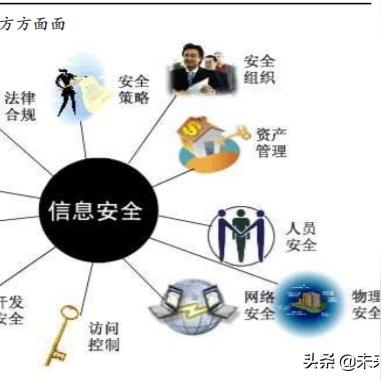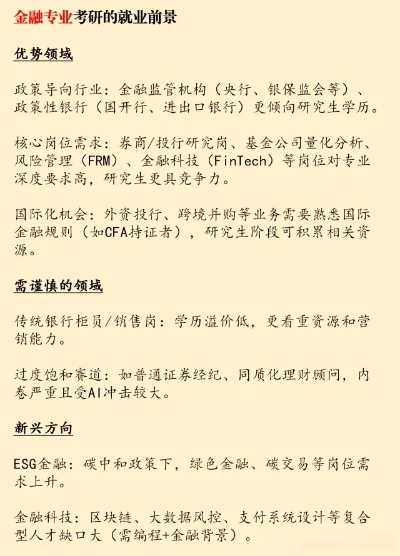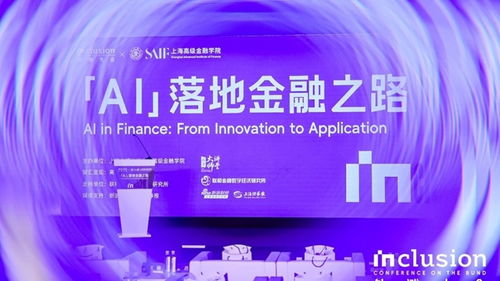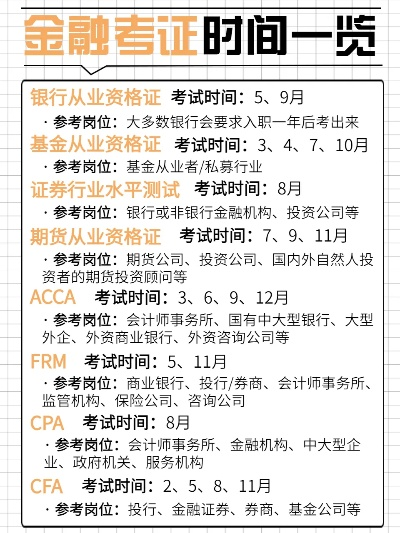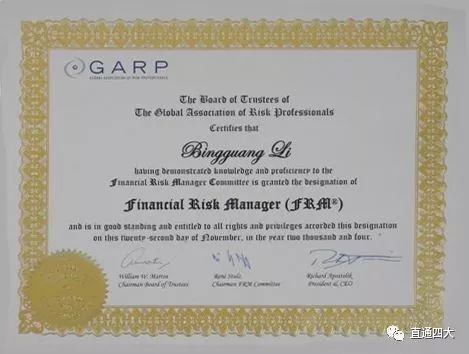As we stand on the precipice of the 21st century, the future of agriculture is a topic of paramount importance. With a growing global population and increasing demand for food, the traditional methods of farming are no longer sufficient to meet these needs. The answer lies in the integration of technology into agriculture, paving the way for a sustainable and productive tomorrow.
The concept of precision agriculture is at the forefront of this technological revolution. This approach utilizes information technology to ensure that crops and livestock are managed with the utmost care and efficiency. GPS technology, for instance, allows farmers to map their fields with precision, identifying areas that require more or less attention. This not only saves time but also reduces the amount of resources, such as water and fertilizers, that are needed.
Drones are another technological marvel that is transforming the agricultural landscape. Equipped with high-resolution cameras and sensors, these unmanned aerial vehicles can monitor crop health, detect diseases, and assess soil conditions. This real-time data enables farmers to make informed decisions, leading to higher yields and reduced waste.
The Internet of Things (IoT) is also playing a significant role in the future of agriculture. IoT devices can collect and transmit data on various aspects of farming, such as temperature, humidity, and pest activity. This information can be accessed remotely, allowing farmers to manage their operations from anywhere in the world. Moreover, these devices can be integrated with automated systems to control irrigation, lighting, and other environmental factors, further enhancing efficiency and sustainability.
One of the most promising areas in agricultural technology is vertical farming. This innovative approach involves growing crops in stacked layers, often in controlled environments such as shipping containers or buildings. Vertical farming can significantly increase the yield per unit area, making it an ideal solution for urban areas where land is scarce. Additionally, it reduces the need for pesticides and herbicides, as pests are less likely to thrive in such environments.
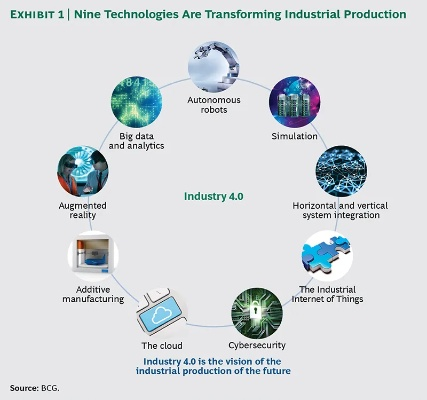
Genetic engineering is another field that holds great promise for the future of agriculture. By manipulating the genes of plants, scientists can create crops that are more resistant to diseases, pests, and environmental stressors. This not only increases crop yields but also reduces the reliance on chemical inputs, leading to a more sustainable and environmentally friendly form of agriculture.
However, the integration of technology into agriculture is not without its challenges. There are concerns about the potential loss of jobs due to automation, as well as the need for significant investment in infrastructure and training. Additionally, there are ethical considerations surrounding genetic engineering and the potential impact on biodiversity.
Despite these challenges, the benefits of embracing technology in agriculture are undeniable. It has the potential to increase food production, reduce environmental impact, and improve the livelihoods of farmers around the world. As we move forward, it is crucial that we address these challenges head-on and ensure that the benefits of technological advancements are shared equitably.
In conclusion, the future of agriculture is one that is deeply intertwined with technology. By embracing innovations such as precision agriculture, drones, IoT, vertical farming, and genetic engineering, we can create a more sustainable and productive agricultural system. It is through these efforts that we can ensure food security for future generations and protect our planet for years to come. The journey ahead may be challenging, but with determination and collaboration, we can shape a brighter future for agriculture and the world.


